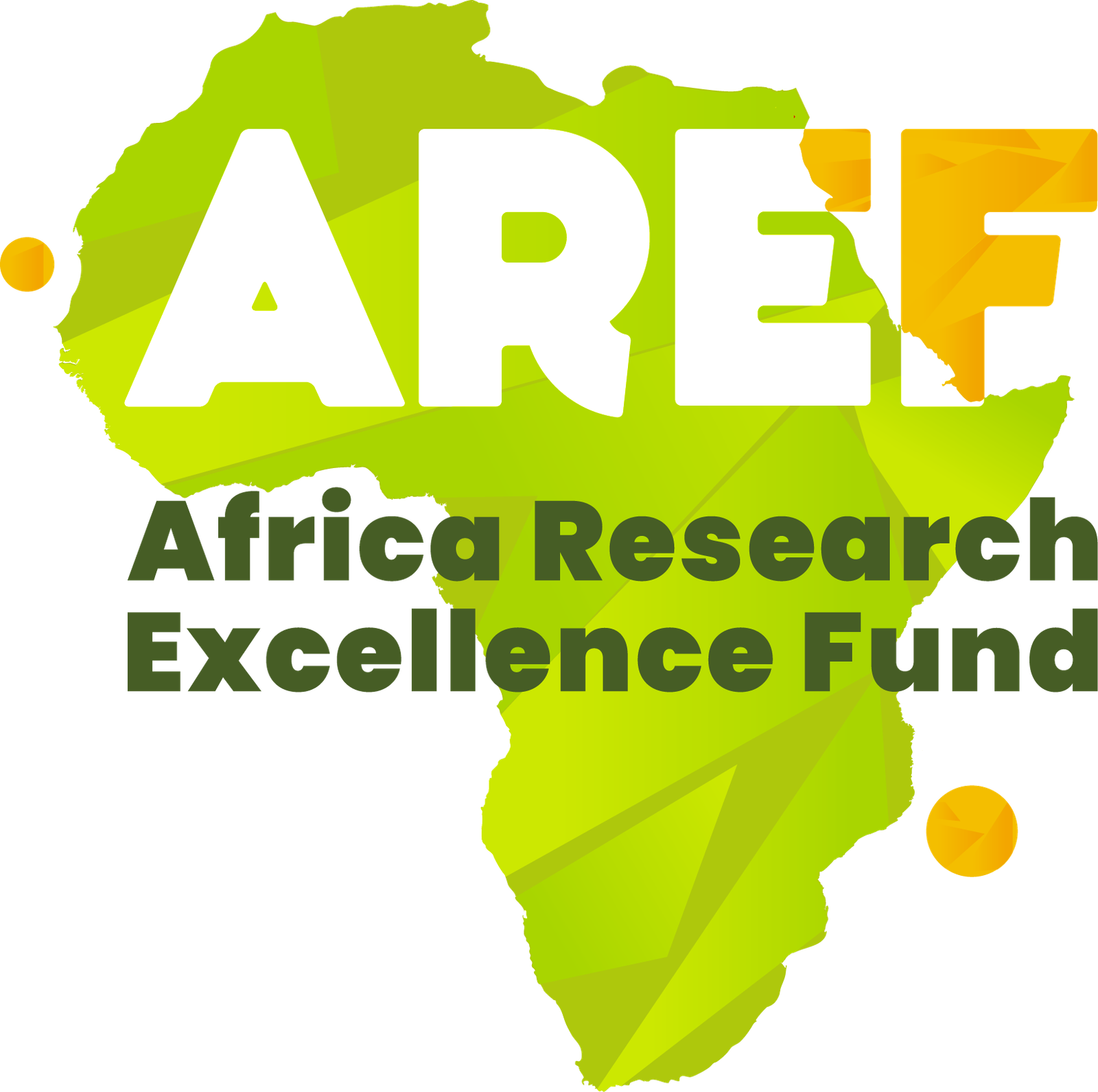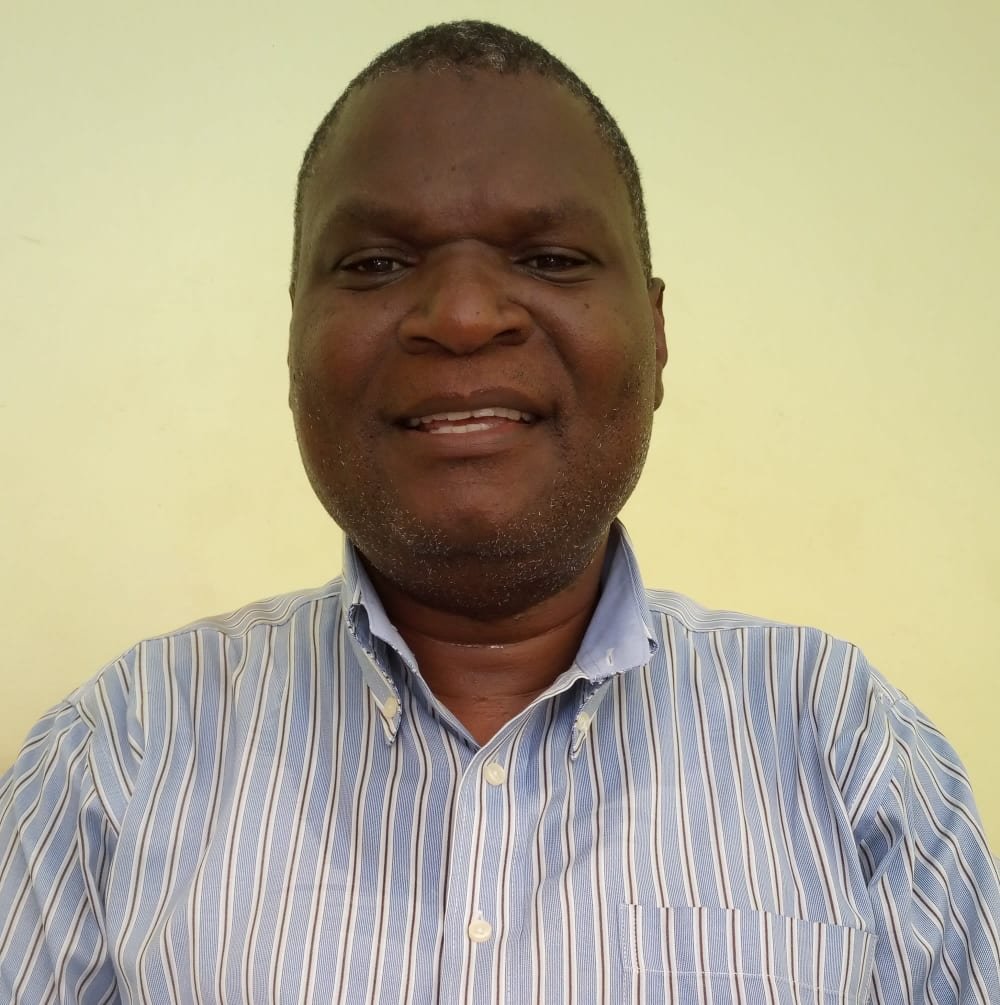Dr Zachary Kwena is a social scientist at the Kenya Medical Research Institute.
His research addresses HIV prevention in high-risk groups, particularly among married couples in Kenyan fishing communities.
Global efforts to end HIV by 2030 focus on reducing and eventually eliminating new infections, but the success of these endeavours depends on identifying high-risk groups and targeting the factors that make them more vulnerable in the first place.
Zachary’s work has focused on identifying risk factors for HIV infection in fishing communities on the Kenyan shores of Lake Victoria, and implementing counselling sessions for married couples – both to reduce high-risk sexual behaviour and increase the uptake of HIV interventions. His experience at the grant-writing workshop in Senegal has helped Zachary secure research funding totalling over £150,000, including from the National Institute of Health (NIH) in the US. He has also published his findings in high impact science journals, including PLOS ONE in 2019.
The most valuable thing I took away was the importance of defining a gap in the knowledge base, thinking carefully about what research questions I wanted to answer, coming up with the design and methods that answered those questions, and then articulating the public health impact of addressing that gap in knowledge.
AREF is fantastic at keeping in touch and sharing any information that might be beneficial, such as training opportunities or funding calls. The research networks I’m part of now have already led to fruitful research collaborations and will continue to support my career into the future.


